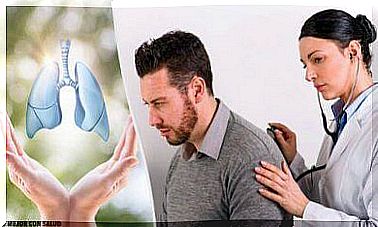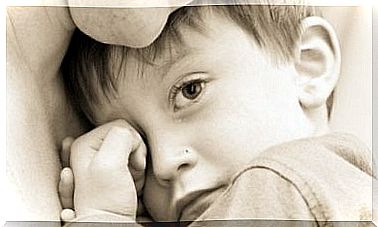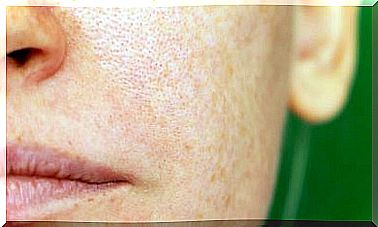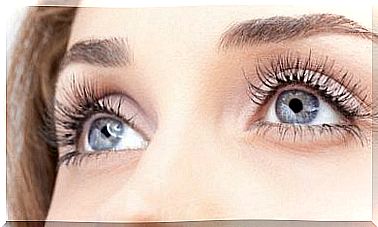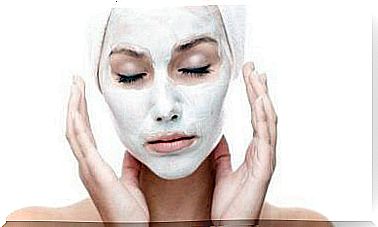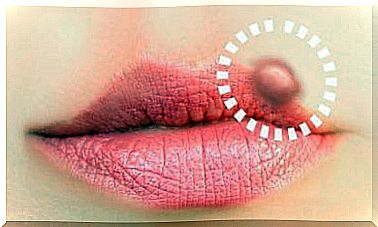Anxiety When Waking Up: Why Do They Occur And How Can They Be Alleviated?
We have all experienced fear at some point in our lives because it is a normal and adaptive response. However, if the anxiety shows up when you wake up, it may indicate a more serious problem.
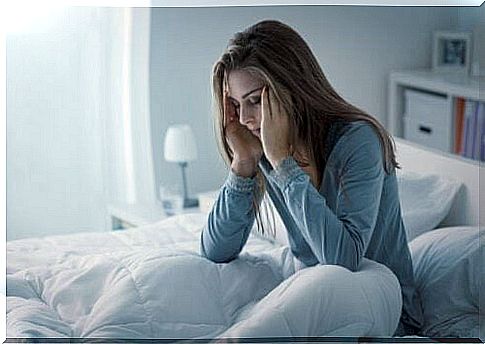
Waking up anxiety is the term for experiencing a number of unpleasant physical and psychological symptoms immediately after waking up. This mainly occurs in the morning.
If these reactions persist for a long time, they affect the person’s well-being. That is why it is important to know their causes and how to treat them.
What are Anxiety?
According to the American Psychological Association , anxiety is an emotion characterized by somatic symptoms of tension. A person feels it when they are in danger or when disaster or misfortune awaits them.
Anxiety is one of the most common emotional states and is used to trigger the body’s defenses. In fact, a certain level of anxiety is desirable in order to optimally cope with the demands of everyday life. It’s kind of a necessary incentive to move forward and solve problems.
However, this emotion becomes pathological when it exceeds a certain intensity or loses its adaptability. In these cases, it leads to significant discomfort in the person as the symptoms affect their physical and mental well-being.
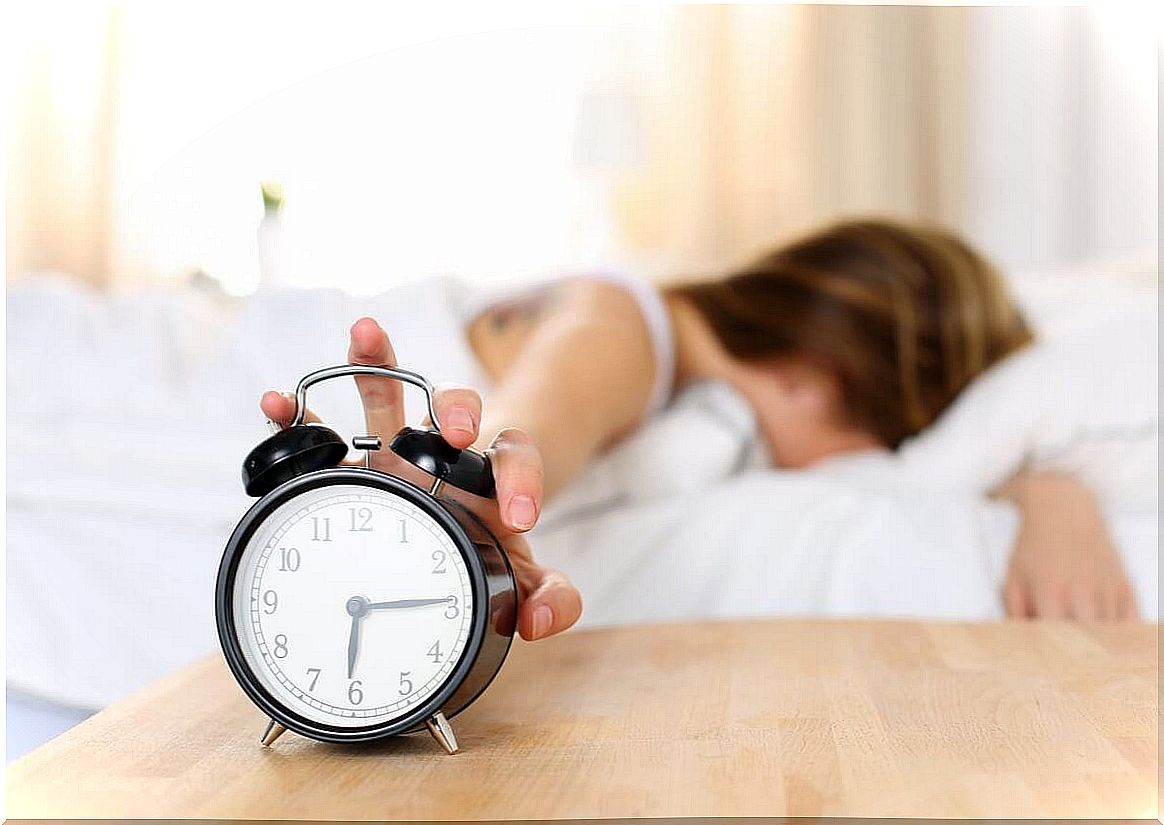
Fear and fear
The concepts of anxiety and fear have similar manifestations in that both thoughts of danger, feelings of concern, physiological responses, and motor responses are associated with them. As a result, they are often confused.
The difference between the two responses, however, is that fear occurs in the presence of dangerous stimuli, such as when facing a wild animal. Meanwhile, feelings of fear arise related to the anticipation of future threats that are indefinable and unpredictable.
Symptoms of anxiety on waking up
The symptoms of anxiety on waking up are not the same for all people. The amount and intensity depends on the biological and psychological predisposition of the person. We can divide them into physical, psychological, behavioral, and cognitive signs.
Physical manifestations
Here are the signs in the heart, such as racing heart, palpitations and a tightness in the chest. This is often accompanied by a feeling of suffocation and profuse sweating. At the same time, there is a combination of tremors and tingling in the limbs.
Digestive problems are not uncommon. Nausea and vomiting may occur, as well as occasional pain at the entrance to the stomach or upper abdomen, which have been associated with heartburn and gastroesophageal reflux.
Psychological manifestations
Among the psychological symptoms of anxiety on waking up, we can mention the following:
- Feeling of danger or threat from something that cannot be described.
- Feeling alien, also known as depersonalization.
- Fear of death, in milder forms the fear of losing control over situations and life itself.
- Difficulty making decisions.
Behavioral manifestations
Motor restlessness and difficulty staying calm are common waking anxiety symptoms that occur as soon as the person stands up. This can be accompanied by a stiff posture on your face and jaw tightening, leading to bruxism (grinding of your teeth).
Cognitive manifestations
Cognitive manifestations of anxiety on waking include difficulty focusing attention and concentration in the early hours of the morning. This is related to the level of undue anxiety with which to start the day, as well as the flow of negative thoughts.
Fearful people increase their doubts and feelings of confusion. From the moment they wake up, they misinterpret what is going on in their familiar surroundings and what is happening in the news they overhear.
Causes of Anxiety When Waking Up
Waking anxiety can be due to several factors among which we can highlight biological, psychological, and social aspects. It is important to emphasize that the reasons that create such fears vary from person to person. However, the most common causes are the following:
- Biological: Genetics play an important role in the development of anxiety states. The greater the biological predisposition, the higher the risk of suffering from anxiety attacks. These people usually have a family history of this disorder.
- Psychosocial factors: The experience of stressful situations (professional, interpersonal, socio-economic problems) is usually the trigger for these feelings of fear. In these cases, the person’s coping tools are insufficient to cope with the circumstances.
- Traumatic Experiences: Experiencing traumatic events such as severe accidents, natural disasters, assaults, or torture causes biological changes in the brain that are associated with severe anxiety symptoms.
- Dream activity: Another reason for anxiety when waking up is troubling dreams or nightmares. In these cases the dreaming has the feeling that the dangers are real, and after waking up has difficulties to perceive the dream as such and to assign it correctly. In fact, after a vivid dream that doesn’t have to be a nightmare, the person may wonder for a long time whether they are still asleep or awake.
How can you relieve anxiety when you wake up?
Depending on the intensity and frequency of the episodes of anxiety when waking up, psychotherapeutic intervention may be useful. The person is likely to have a disorder, the most effective treatment of which is usually psychotherapy and, in more severe cases, medication.
Muscle relaxation techniques when waking up
Practicing muscle relaxing exercises will help reduce the occurrence of uncomfortable physical sensations, which in turn increase negative thoughts. With practice, the physical effects of anxiety can be prevented using these techniques.
Replacement of chest breathing by abdominal breathing
Shallow, chest-focused breathing can lead to hyperventilation, which in turn causes physical symptoms related to anxiety. In this context we can list nausea, dizziness, palpitations and the feeling of suffocation.
In contrast , when a person is relaxed, he breathes deeper and out of his stomach. If we change the way we breathe (from the chest to the stomach), we can use breathing as a tool to control anxiety.
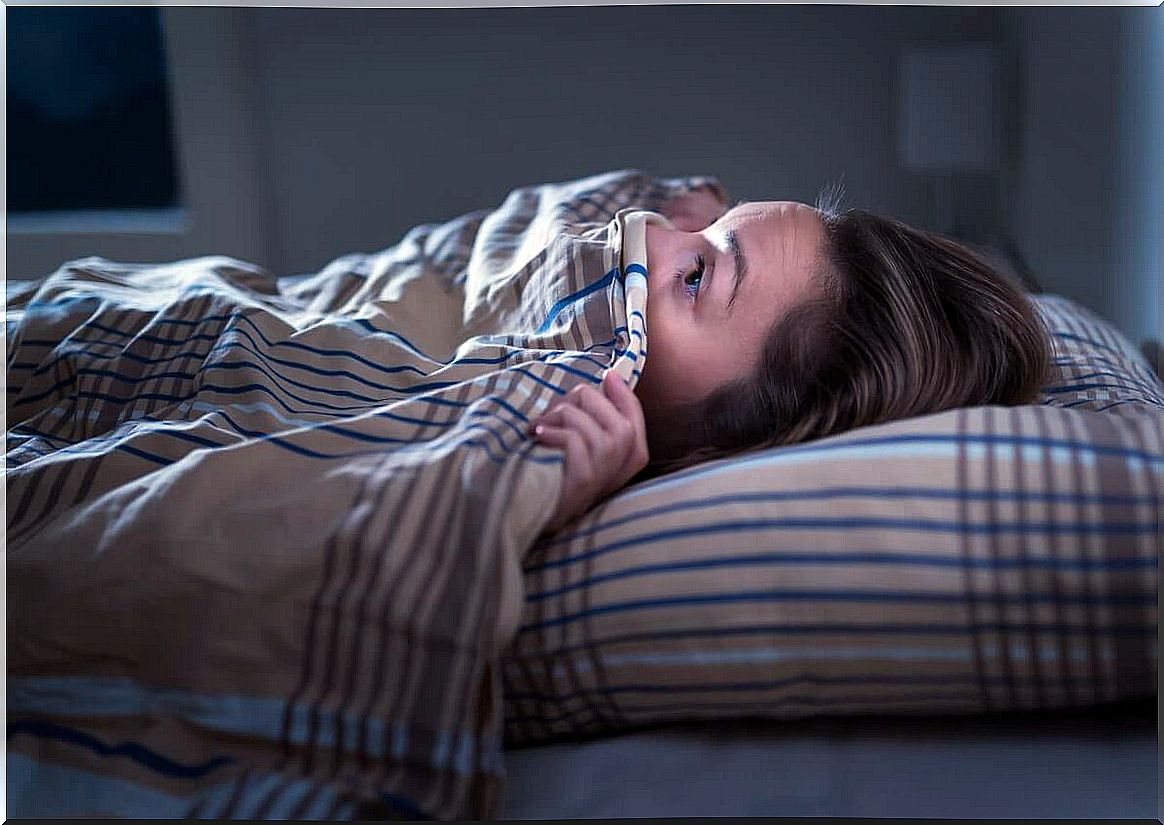
Practicing yoga and meditation
Yoga is one of the most relaxing activities. In addition, it offers tools to create a unity between mind and body. This also helps in having greater control over anxious physical manifestations.
It is also a type of muscle relaxation as it involves holding the body in certain bent positions for a moment and then relaxing it.
Meditation, on the other hand, is an activity that allows one to let go of thoughts related to the past and future, which makes the person focus on the here and now. Hence, it contributes to greater control of the mind and helps avoid negative thoughts.
Avoid consuming alcoholic beverages and coffee
There are several substances that promote the appearance of anxious manifestations, such as alcohol and caffeine. Reducing their consumption relieves anxiety on waking up.
The problem of waking anxiety can be addressed
While overwhelming for those affected , the problem of anxiety on waking up can be resolved with both a psychotherapeutic approach and home interventions. You can change your daily routine to allow time for meditation, as well as adjust your nightly sleep phase to encourage calm rest.
If in doubt, contact a specialist. In the medium term, fear damages the organs and makes social relationships more difficult, which affects various areas of life, from the professional to the family environment. The faster the person uses control methods, the less its effects are.
